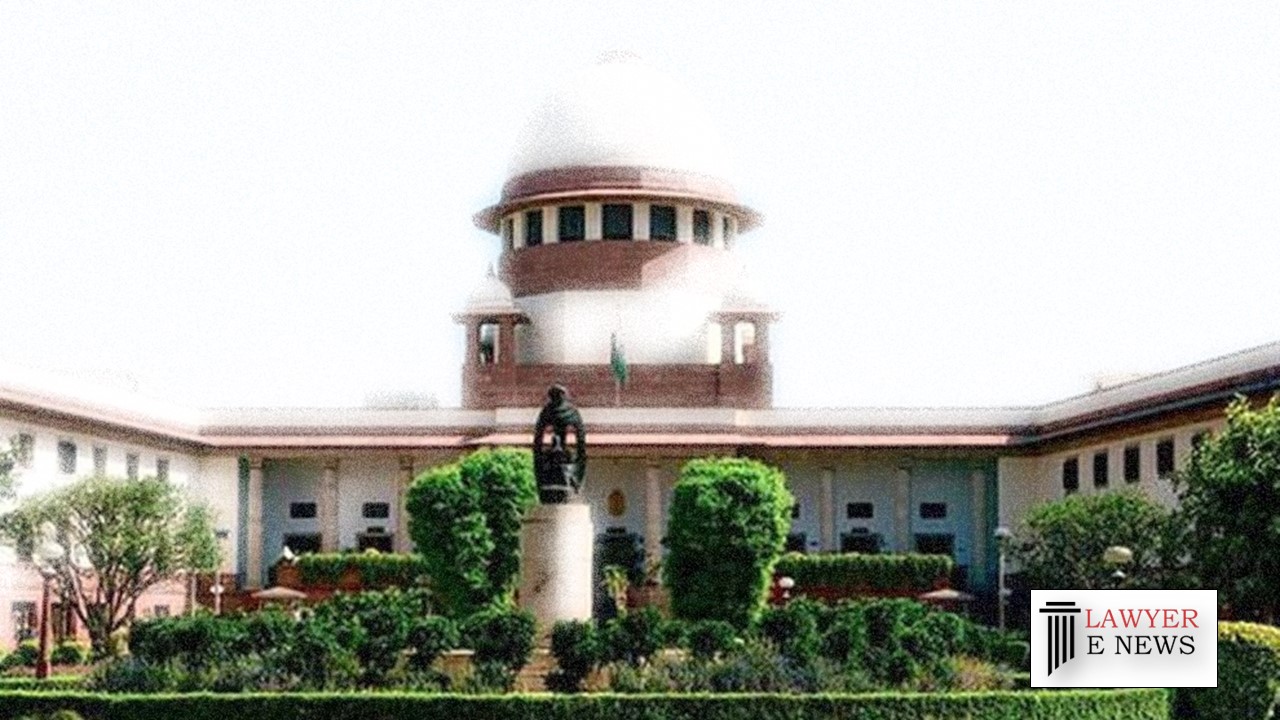-
by Admin
16 February 2026 1:47 PM



In a significant ruling, the Supreme Court of India upheld the contempt conviction of advocate Gulshan Bajwa, emphasizing that his actions were “intentional, malicious and persistent, interfering with the administration of justice.” The Court’s decision, delivered by Justices Vikram Nath and Pamidighantam Sri Narasimha, came on January 30, 2024, in the case (Criminal Appeal No. 577/2007).
The apex court’s bench was dealing with Bajwa’s appeal against the Delhi High Court’s order, which had found him guilty of contempt for his misconduct, including threatening a lady advocate, failing to appear before the court, and making unsubstantiated allegations against judges. The High Court had sentenced him to three months of civil imprisonment and imposed a fine of Rs. 2,000 in each of the two contempt cases.
In their observation, the Supreme Court bench noted, “The appellant’s conduct before the High Court and even before this Court amounts to undermining the system of law and interfering with the course of justice administration.” This statement underlines the Court’s stance on maintaining the dignity and efficacy of the judicial process.
The Court also addressed the pattern in Bajwa’s behavior, highlighting his habit of misbehaving with benches that disagreed with him and his tendency to cast aspersions and threaten judges. The bench stated, “The High Court observed a pattern in the behavior of the appellant. He has had a habit of misbehaving with a Bench which is not agreeing with him. The misbehavior goes to the extent of casting aspersions and threatening the Judges hearing the matters.”
Regarding the appellant’s submissions, the Court found them unconvincing, particularly his attempts to challenge the service of notice and allegations of bias against the judges. The Supreme Court also modified the sentence, considering Bajwa’s age and medical condition, reducing it from three months imprisonment to imprisonment till the rising of the court.
The decision to uphold the conviction serves as a stern reminder of the judiciary’s commitment to uphold its dignity and the respect owed to the process of justice. The Court’s firm stance in this case reiterates the importance of professional conduct within the legal fraternity and the consequences of deviating from these standards.
Date of Decision: 30th January 2024
GULSHAN BAJWA VS REGISTRAR, HIGH COURT OF DELHI & ANR.
